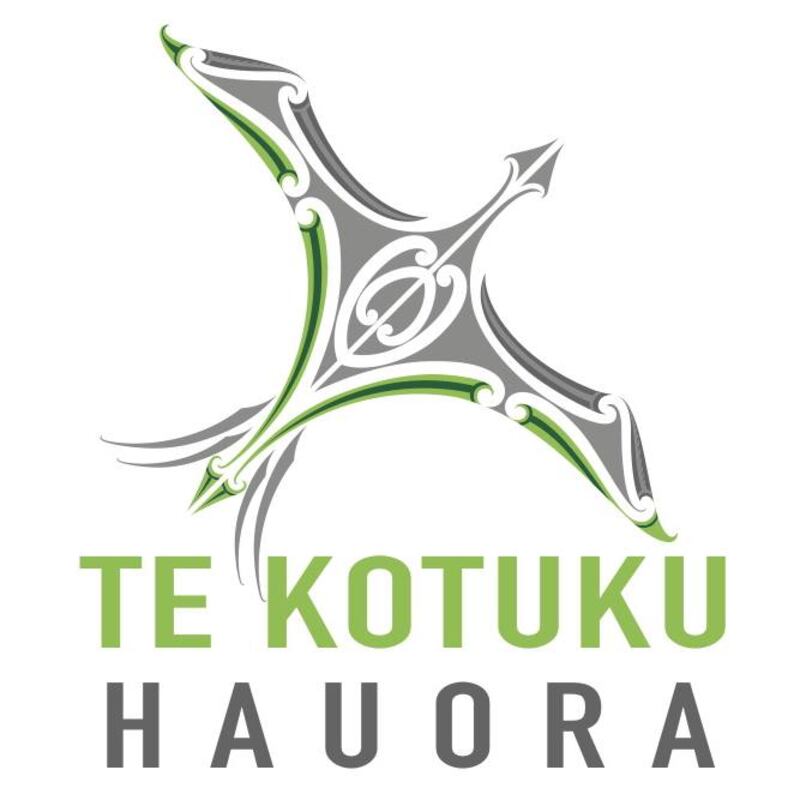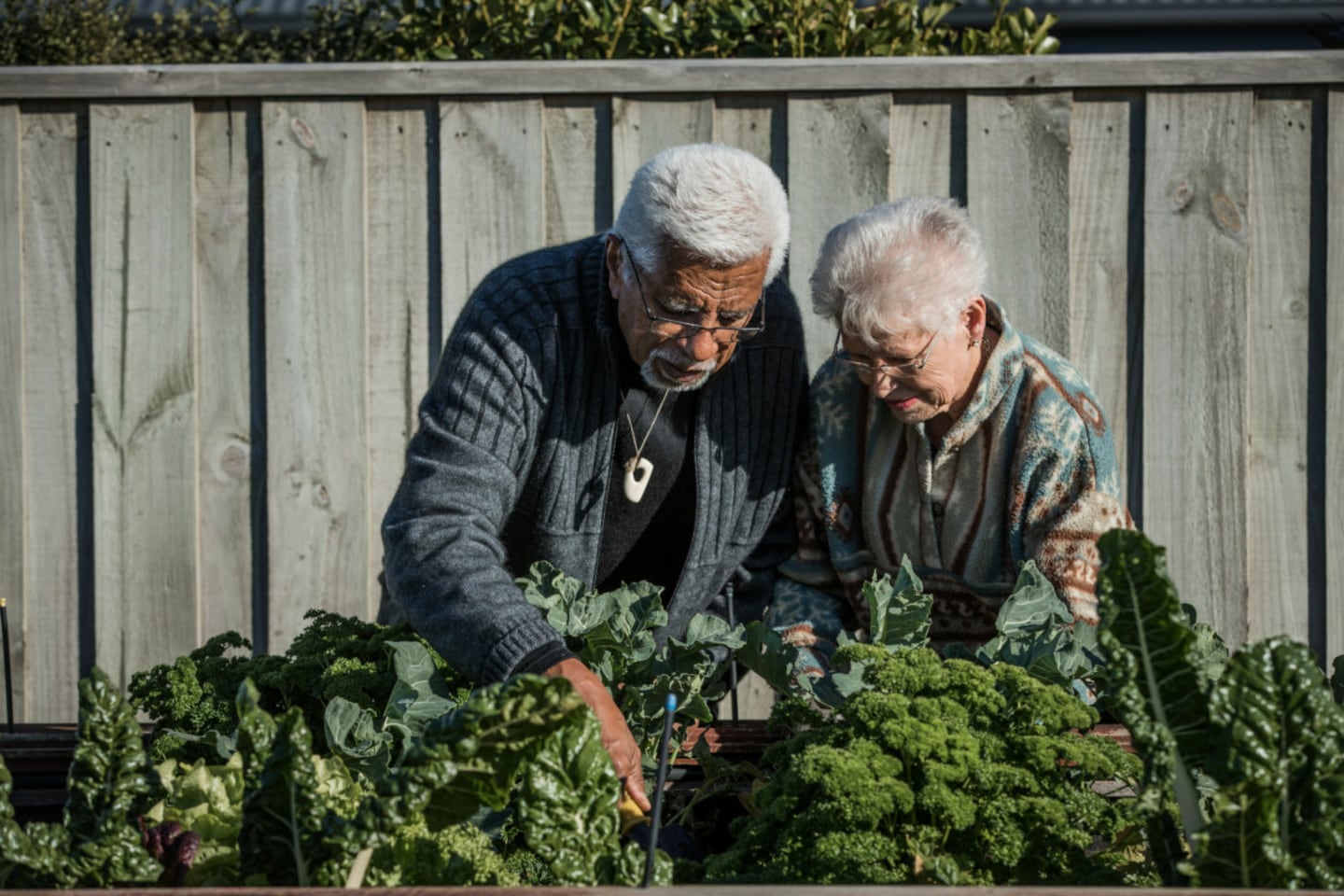A common struggle for whānau dealing with dementia is getting a diagnosis so whānau can receive much-needed support to care for their loved ones with the disease.
The Whānau Wellbeing and Dementia Education Programme is a six-week course and is now running at Rātana Pā in the Rangitīkei district. The programme is a joint partnership between Te Kōtuku Hauora o Rangitīkei and Alzheimer’s Whanganui, and is funded by Te Whatu Ora. Jasmine Kaa, the Whānau Ora navigator at Te Kōtuku Hauora o Rangitīkei, says the programme has provided tools and resources for participants who are experiencing the hardships of caring for their loved ones with dementia.
“What’s been a common struggle is going through the process of getting help, really. From some services, getting a diagnosis has been a struggle, because if you don’t have the diagnosis, you’re not entitled to community services, such as having home help, having somebody come into the home and doing things such as personal cares or housework or preparing a meal.”
There are five main types of Dementia with Alzheimer’s the most common. The disease is common among Māori but isn’t a hereditary disease. Kaa says it’s important that whānau first understand the disease.
“In the six weeks you learn a bit about the illness each session and the main thing is just understanding it really because it’s an illness that medication can’t manage. It’s an illness that can be quite heavy on whānau whether you’re the one that’s been diagnosed or as the caregiver. Simple things such as having patience, love and having your whānau around are key things,, Kaa says.

More than 70,000 New Zealanders live with dementia, and this number grows as the population ages. Dementia is a progressive disease that affects people in different ways. It can affect anyone at any age but is more common as people get older. Many succumb to it from depression.
“People living with dementia display certain behaviors, and one of them can be depression. And nobody wants to see their whānau, no matter what the situation is, going through something like depression. They isolate themselves away from outside their home. So make sure you check in with your whānau, with your mum or your dad, visit them every day, have a cup of tea, spend some time with them, pick them up, or take them out,” Kaa says.
Alzheimers Whanganui manager Michael Dix says whānau support is important not only for the person with the disease but for the caregiver also.
“We encourage whānau to get involved and to help in any way, because especially for the spouse or the partner who is living with it 24-7, then it’s important they get as involved as they can and help out where possible, because it’s very, very draining on the person that’s caring for the person with dementia,” Dix says.
How to help and how to get help
Dix also says that socialising and regular contact with others is healthy for people with dementia.
“Participants learn all sorts of things about how the disease is going to progress, how best to support their loved ones, what they can do with various situations to help, how important it is to keep them socialising, because a lot of people in that instance will after a while pull back - pull back from friends, pull back from family. So, it’s really important they keep that socialisation going with others in the community,” Dix says.
Dix estimates of the total amount of people utilising their services in the Whanganui-Rangitīkei regions, 18% are Māori. Dix encourages whānau to plan ahead and research the necessary support they require to best care for their loved ones.
“We cover things like EPOAs (power of attorney), so that everything’s in place for the person’s health and finances. So, when the time comes when they are deemed to be not competent enough to make decisions for themselves, then their loved one, a member of the whānau or their main carer, spouse, partner can take over not only for their health but also their finances.”
“The whānau, really, their role is to make sure they are safe, they’re safe in their own home, and they remain in touch with their loved ones. But having these community services is also a big help,” Kaa says.

